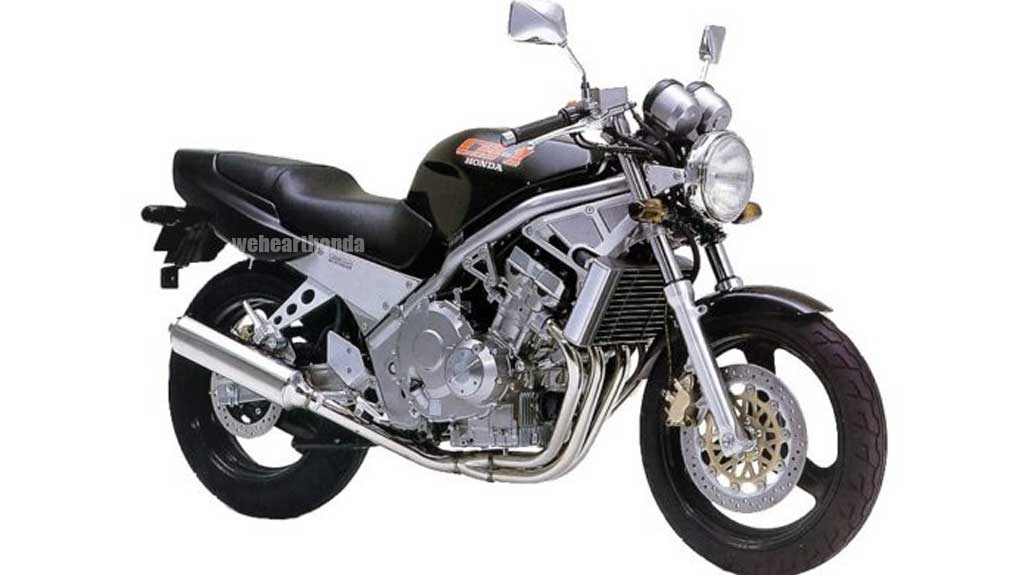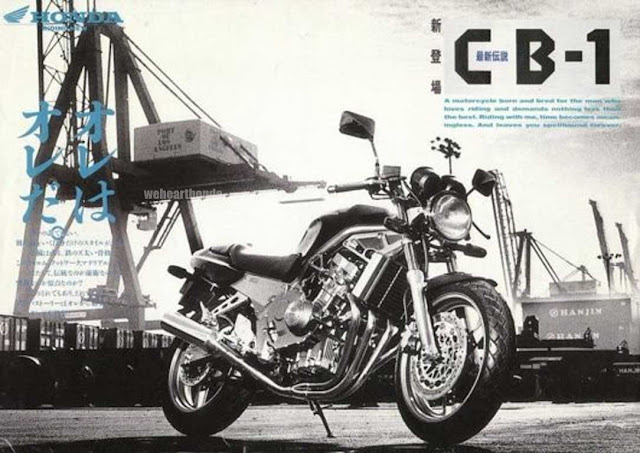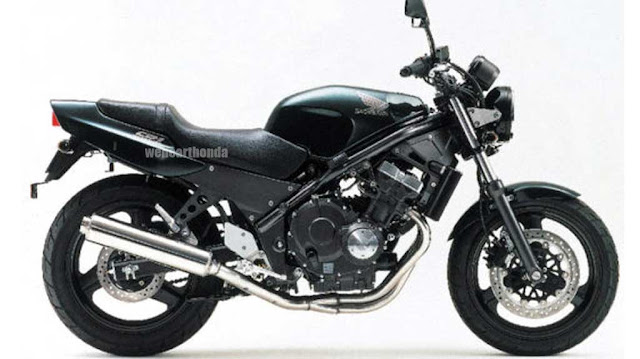Honda CB-1 / CBR400RR
It was a model that tried to gain popularity by using CBR400RR for the CB-1 engine released by Honda during the heyday of the racer replica, while each company introduced a naked model.
This time, we will introduce from CB-1 evaluation to custom.
Honda CB-1 / CBR400RR Overview
The CB-1 was born as a next generation naked bike rather than a nostalgic tone as the voice of "I am me" written on the pamphlet at the time of the popularity of racer replicas.
It was a consideration for the user that the steel diamond frame was based on the CBR400RR engine as a base that was easier to handle than medium and low speeds. I was taken with a foreign bike. However, without the CB-1, the CB400SF, the current popular naked bike, was never born, so it's definitely a great challenge.
It was a consideration for the user that the steel diamond frame was based on the CBR400RR engine as a base that was easier to handle than medium and low speeds. I was taken with a foreign bike. However, without the CB-1, the CB400SF, the current popular naked bike, was never born, so it's definitely a great challenge.
 |
| Honda CB-1 / CBR400RR |
Even CBR400RR is 15L, so no matter how much you improve it, 13L is too small to earn cruising range.
This is an unsatisfactory point because the fuel efficiency will be 18 liters / L because it is an engine that rotates by all means. I feel like I can make a stylishly changing bike with a sharp texture, but I don't see anyone who can do that.
Honda CB-1 / CBR400RR Specification
1989
Water-cooled 4-cycle DOHC 4-valve 4-cylinder engine
Maximum output 57ps / 11.500rpm
Maximum output 4.0kgm / 9.500rpm
Body weight 183㎏
Fuel tank 11L
Seat height 775㎜
6-speed MT
In the 1991 model, when the tank capacity was too small, it was changed to 13L in response to user feedback, and the gear ratio change and the maximum output went down.


